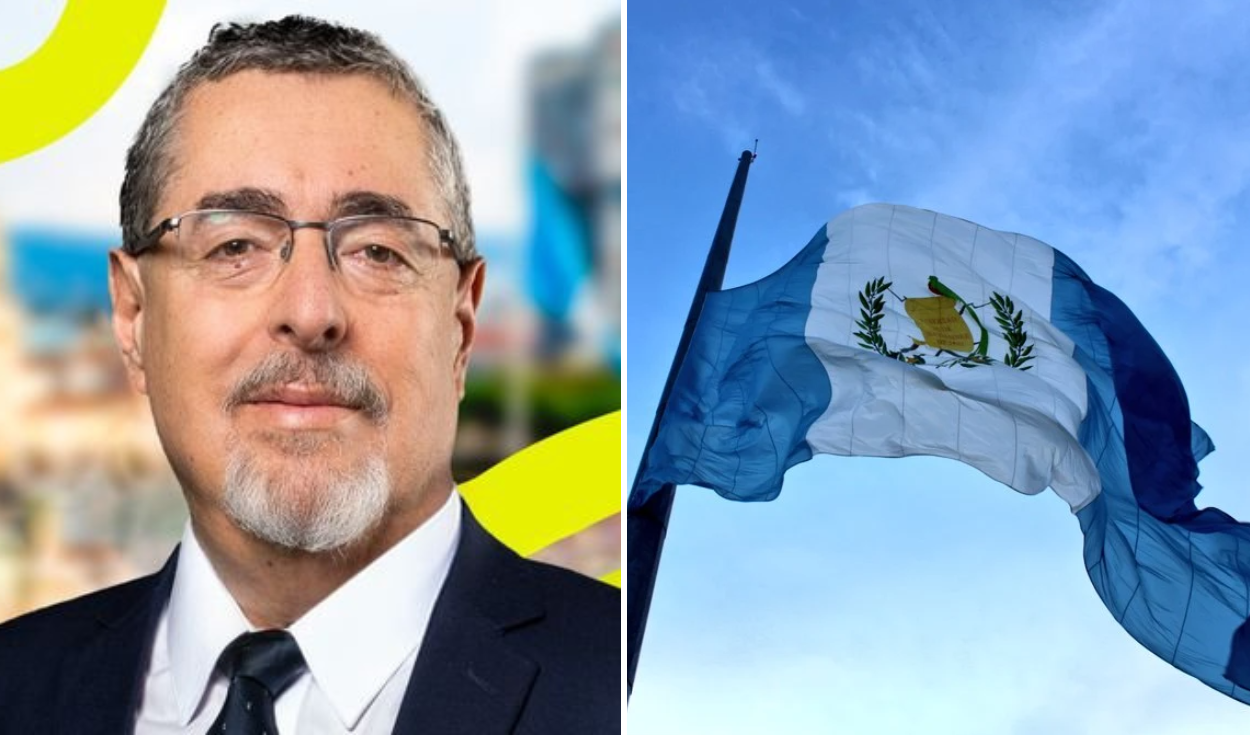Current News Overview for Guatemala
As of January 2024, Guatemala is experiencing significant political turmoil and social unrest, primarily centered around the recent election of Bernardo Arévalo, a center-left sociologist and congressman, who won the presidential run-off election on August 20, 2023. His victory has sparked a series of protests and political crises that have captured the attention of both local and international media.
Key Developments
Political Crisis and Protests
Protests Against Government Actions: Following Arévalo's election, there have been widespread protests across Guatemala. Supporters of the new president have taken to the streets, demanding changes in the political landscape and expressing dissatisfaction with the previous administration's actions. The protests have been characterized as peaceful but have escalated into significant demonstrations that have paralyzed parts of the country.
Suspension of Government Transition: In a dramatic turn of events, President-elect Arévalo temporarily suspended the government transition process after the facilities of the electoral tribunal were raided. This incident has raised concerns about the integrity of the electoral process and the potential for authoritarian backsliding in the country.
Calls for Change: The political crisis has highlighted the urgent need for reforms in Guatemala. Many citizens are calling for the resignation of key officials, including Attorney General Consuelo Porras, who has been accused of undermining the electoral process. The protests have been fueled by frustrations over economic conditions, with many citizens stating, "There is no work," reflecting the dire employment situation in the country.

Legal Issues and Corruption
Corruption Allegations: A significant legal case has emerged involving a man who managed two forestry projects in Guatemala. He pleaded guilty in federal court to stealing $10 million from a New Hampshire-based investment company. This case underscores the ongoing issues of corruption and mismanagement within the Guatemalan government and business sectors.
Raids and Crackdowns: The political unrest has led to increased police presence and crackdowns on protests. Riot police have begun clearing roadblocks set up by demonstrators, further escalating tensions between the government and the populace.
International Coverage
The situation in Guatemala has drawn attention from major news outlets, including Al Jazeera, AP News, and the BBC. These organizations have provided extensive coverage of the unfolding events, emphasizing the implications for democracy and governance in the region.
- Al Jazeera has reported on the ongoing protests and the political crisis, highlighting the calls for change and the challenges faced by the new administration.
- AP News has covered the legal issues surrounding corruption and the government's response to the protests, providing insights into the broader implications for Guatemalan society.
- BBC has focused on the rising tensions and the impact of the protests on daily life in Guatemala, illustrating the challenges faced by citizens amid the political upheaval.
Future Outlook
As Guatemala navigates this turbulent period, the future remains uncertain. The new administration under Arévalo has promised to address corruption and improve economic conditions, but the challenges are significant. The ongoing protests and political instability may hinder efforts to implement meaningful reforms.

Conclusion
The current news landscape in Guatemala is dominated by a political crisis, widespread protests, and serious allegations of corruption. The situation is fluid, and developments are likely to continue as the new government attempts to stabilize the country and address the concerns of its citizens. For those interested in following the latest updates, various news outlets provide comprehensive coverage of the situation, including Al Jazeera, AP News, and BBC News.





